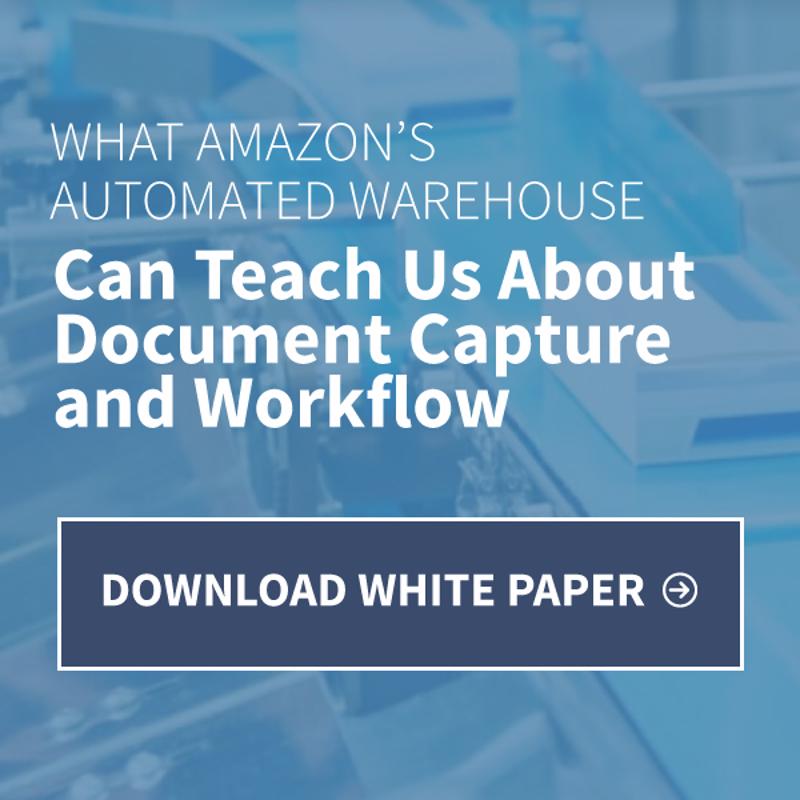
More courts shifting to digital document management
The chain of evidence has always been important to the legal process, and now more court systems nationwide are working to ensure every piece of evidence is carefully tracked. Modern document scanning therefore plays an important role for courts, law enforcement and lawyers alike.
Muscogee County, Georgia, recently announced it would soon implement a new court management system as part of an effort to modernize most city and county operations there, according to a report from the Columbus Ledger-Enquirer. Already, judges and others in the local criminal justice system were given a demo of the new document management platform and were impressed with the functionality it could provide.
Why make the change?
The county plans to make these changes so that all involved in court cases have ongoing access to critical case documents when they need it, and because data collection for the system would begin as soon as an arrest is made, and continue through the trial itself, the report said. However, any formal adoption still has to be approved by the County Council.
"The issue with the court management system is that there are so many users from different departments and elected officials who use it," Deputy City Manager Pam Hodge told the newspaper. "You have the Sheriff's Office, the judges – both state and superior. You've got the clerks' offices; state, superior and municipal courts. The Police Department and Marshal's Office all utilize the court system."
A big help
One of the biggest benefits of document scanning or ongoing management that comes for the legal profession in particular is that digitizing documents makes them far more easy to search, and that might be a particular benefit to defense attorneys and prosecutors during discovery, according to The Lawyer. To that end, robotic process automation can be further used to not only help them dig up important information, but also potentially create predictive coding that helps pinpoint the right data as quickly as possible.
Court systems and others in the legal profession may therefore get a huge benefit out of using these types of platforms, and working to determine the best possible options available to them will inform decisions that can greatly reduce the number of man hours spent sifting through complicated legal documents.

